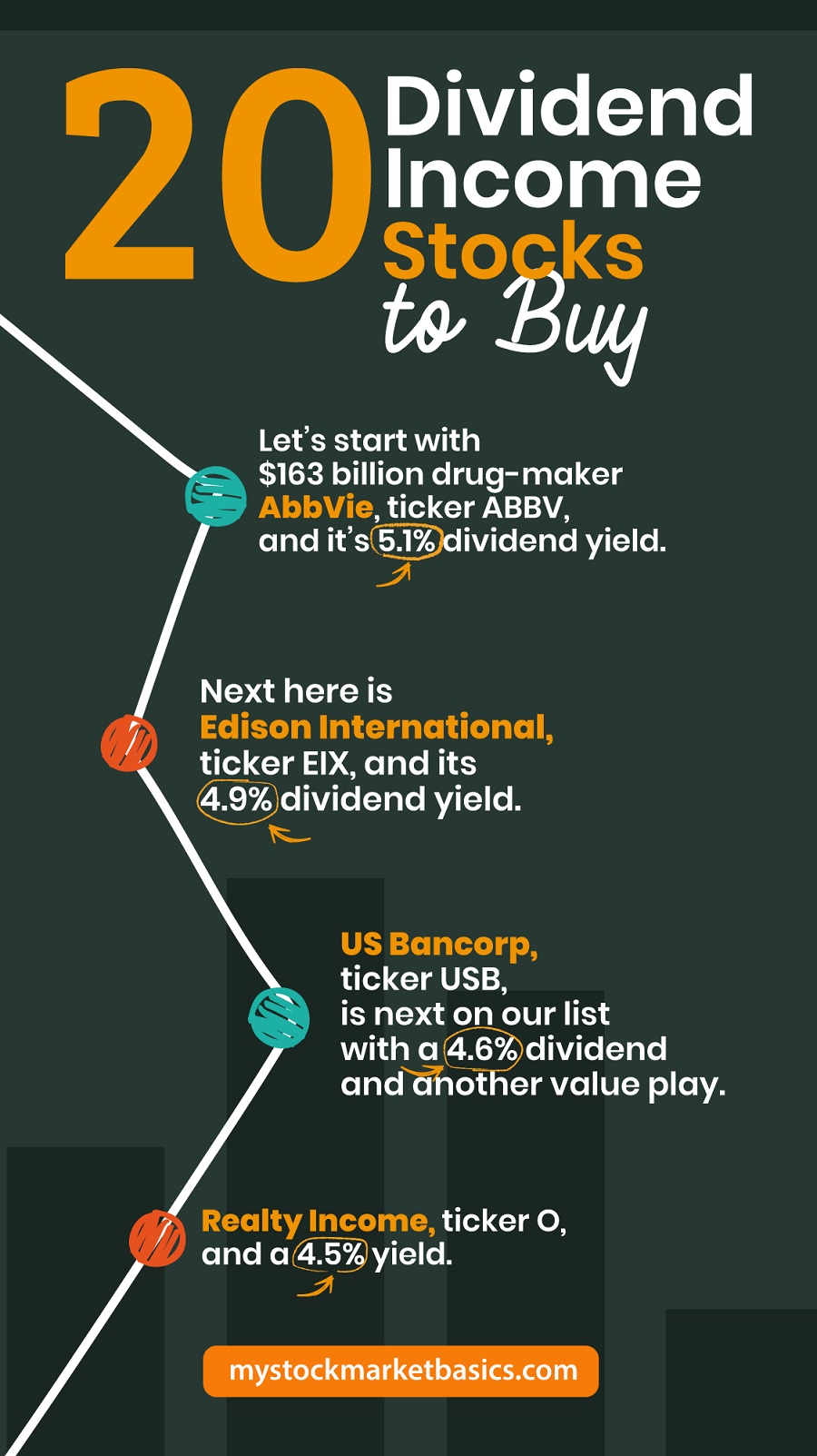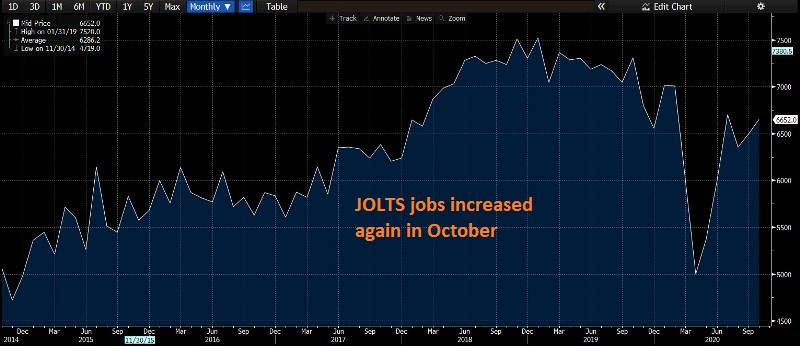
Liquidity is the ability to buy or sell an asset without causing price changes. Liquidity can be used as a tool to determine the speed at which you can make money or how easily your position can be sold after you've made some.
Forex Volatility: What Is It?
The Forex Volatility is the rate that a currency or foreign exchange markets move in response changes in global events. This includes economic reports, wars and political instability. This can have a major impact on the forex market as a whole and traders should always be aware of the potential for fluctuating prices in their own currency pairs.
In the forex markets, liquidity refers to the amount of active traders. This number can change depending on where the forex market is located, and at what time it is open.
Bid-ask spread is the most popular method of assessing liquidity in a foreign currency security. The bid-ask spread is the difference between what someone will pay the most for a security and what they are willing to sell it at. The smaller the spread the more liquid the asset.

Volume is also a way of assessing liquidity in a forex market. The more liquid the security, the higher its volume.
Forex is one of the most liquid market in the world because banks and traders are constantly involved in buying or selling large amounts of currency. The forex market is very liquid, as there are always buyers and sellers ready to take part in any trade.
Whether you're new to trading forex or an experienced investor, the liquidity of an asset can have a big impact on how profitable your trades will be. This is because if the market is not liquid, it's likely that there won't be enough buyers to satisfy your orders.
A liquidity provider is a company that makes markets for currency pairs on behalf of other financial institutions, corporations or other professional counterparties. They negotiate competitive spreads for their clients and with other professionals in forex.
In the forex, liquidity providers work with major commercial banks as well as other financial institutions. These liquidity providers are usually able offer better spreads because they hold a large position in the currencies that they trade.

Forex is also one the most volatile markets, so it is important to be aware of what can influence it. This information can help traders make more informed choices.
As well as being the most liquid of all markets, forex also offers investors a low-risk environment, since it is easy to convert money into cash quickly, and to avoid any losses. But traders should be mindful of the risks involved in forex trading, and only make a decision after thorough planning.
FAQ
What is a mutual fund?
Mutual funds are pools of money invested in securities. Mutual funds offer diversification and allow for all types investments to be represented. This reduces the risk.
Professional managers are responsible for managing mutual funds. They also make sure that the fund's investments are made correctly. Some funds let investors manage their portfolios.
Because they are less complicated and more risky, mutual funds are preferred to individual stocks.
What is a REIT?
An REIT (real estate investment trust) is an entity that has income-producing properties, such as apartments, shopping centers, office building, hotels, and industrial parks. These are publicly traded companies that pay dividends instead of corporate taxes to shareholders.
They are similar to corporations, except that they don't own goods or property.
How does Inflation affect the Stock Market?
Inflation is a factor that affects the stock market. Investors need to pay less annually for goods and services. As prices rise, stocks fall. You should buy shares whenever they are cheap.
What are some of the benefits of investing with a mutual-fund?
-
Low cost - buying shares directly from a company is expensive. Buying shares through a mutual fund is cheaper.
-
Diversification is a feature of most mutual funds that includes a variety securities. If one type of security drops in value, others will rise.
-
Management by professionals - professional managers ensure that the fund is only investing in securities that meet its objectives.
-
Liquidity - mutual funds offer ready access to cash. You can withdraw your money whenever you want.
-
Tax efficiency - mutual funds are tax efficient. So, your capital gains and losses are not a concern until you sell the shares.
-
There are no transaction fees - there are no commissions for selling or buying shares.
-
Easy to use - mutual funds are easy to invest in. All you need to start a mutual fund is a bank account.
-
Flexibility – You can make changes to your holdings whenever you like without paying any additional fees.
-
Access to information – You can access the fund's activities and monitor its performance.
-
Investment advice - ask questions and get the answers you need from the fund manager.
-
Security - know what kind of security your holdings are.
-
Control - You can have full control over the investment decisions made by the fund.
-
Portfolio tracking - You can track the performance over time of your portfolio.
-
Ease of withdrawal - you can easily take money out of the fund.
Investing through mutual funds has its disadvantages
-
Limited investment options - Not all possible investment opportunities are available in a mutual fund.
-
High expense ratio. The expenses associated with owning mutual fund shares include brokerage fees, administrative costs, and operating charges. These expenses eat into your returns.
-
Insufficient liquidity - Many mutual funds don't accept deposits. They must be bought using cash. This limits your investment options.
-
Poor customer service: There is no single point of contact for mutual fund customers who have problems. Instead, contact the broker, administrator, or salesperson of the mutual fund.
-
High risk - You could lose everything if the fund fails.
What is the trading of securities?
The stock market allows investors to buy shares of companies and receive money. Investors can purchase shares of companies to raise capital. Investors can then sell these shares back at the company if they feel the company is worth something.
The price at which stocks trade on the open market is determined by supply and demand. The price rises if there is less demand than buyers. If there are more buyers than seller, the prices fall.
There are two ways to trade stocks.
-
Directly from company
-
Through a broker
Statistics
- "If all of your money's in one stock, you could potentially lose 50% of it overnight," Moore says. (nerdwallet.com)
- The S&P 500 has grown about 10.5% per year since its establishment in the 1920s. (investopedia.com)
- For instance, an individual or entity that owns 100,000 shares of a company with one million outstanding shares would have a 10% ownership stake. (investopedia.com)
- Individuals with very limited financial experience are either terrified by horror stories of average investors losing 50% of their portfolio value or are beguiled by "hot tips" that bear the promise of huge rewards but seldom pay off. (investopedia.com)
External Links
How To
How to open a Trading Account
To open a brokerage bank account, the first step is to register. There are many brokers available, each offering different services. Some have fees, others do not. Etrade, TD Ameritrade and Schwab are the most popular brokerages. Scottrade, Interactive Brokers, and Fidelity are also very popular.
After opening your account, decide the type you want. Choose one of the following options:
-
Individual Retirement Accounts (IRAs).
-
Roth Individual Retirement Accounts
-
401(k)s
-
403(b)s
-
SIMPLE IRAs
-
SEP IRAs
-
SIMPLE 401 (k)s
Each option has its own benefits. IRA accounts provide tax advantages, however they are more complex than other options. Roth IRAs give investors the ability to deduct contributions from taxable income, but they cannot be used for withdrawals. SIMPLE IRAs are similar to SEP IRAs except that they can be funded with matching funds from employers. SIMPLE IRAs have a simple setup and are easy to maintain. They allow employees and employers to contribute pretax dollars, as well as receive matching contributions.
Finally, you need to determine how much money you want to invest. This is called your initial deposit. A majority of brokers will offer you a range depending on the return you desire. You might receive $5,000-$10,000 depending upon your return rate. This range includes a conservative approach and a risky one.
After you've decided which type of account you want you will need to choose how much money to invest. You must invest a minimum amount with each broker. These minimums vary between brokers, so check with each one to determine their minimums.
You must decide what type of account you want and how much you want to invest. Next, you need to select a broker. Before choosing a broker, you should consider these factors:
-
Fees - Make sure that the fee structure is transparent and reasonable. Brokers often try to conceal fees by offering rebates and free trades. However, some brokers actually increase their fees after you make your first trade. Don't fall for brokers that try to make you pay more fees.
-
Customer service – Look for customer service representatives that are knowledgeable about the products they sell and can answer your questions quickly.
-
Security – Choose a broker offering security features like multisignature technology and 2-factor authentication.
-
Mobile apps - Find out if your broker offers mobile apps to allow you to view your portfolio anywhere, anytime from your smartphone.
-
Social media presence - Check to see if they have a active social media account. If they don’t, it may be time to move.
-
Technology - Does it use cutting-edge technology Is the trading platform intuitive? Are there any glitches when using the system?
After you have chosen a broker, sign up for an account. Some brokers offer free trials, while others charge a small fee to get started. You will need to confirm your phone number, email address and password after signing up. You will then be asked to enter personal information, such as your name and date of birth. Finally, you will need to prove that you are who you say they are.
Once verified, your new brokerage firm will begin sending you emails. You should carefully read the emails as they contain important information regarding your account. For instance, you'll learn which assets you can buy and sell, the types of transactions available, and the fees associated. Also, keep track of any special promotions that your broker sends out. These may include contests or referral bonuses.
The next step is to create an online bank account. An online account can be opened through TradeStation or Interactive Brokers. Both of these websites are great for beginners. To open an account, you will typically need to give your full name and address. You may also need to include your phone number, email address, and telephone number. After this information has been submitted, you will be given an activation number. You can use this code to log on to your account, and complete the process.
You can now start investing once you have opened an account!